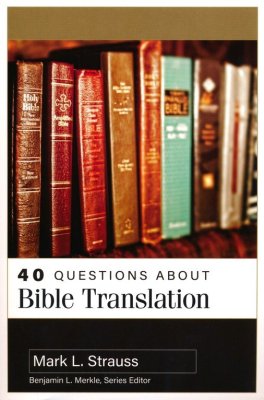
Try for a moment to see if you can answer the following question: “At the last supper, which event occurred first chronologically – The Savior instituting the sacrament, or the washing of the feet?” Now, it’s hard to answer this question precisely, although one could make a very good argument that the washing of the feet comes second.[1] The reason it is hard to say for sure is because the institution of the sacrament is found only in Matthew, Mark, and Luke, whereas the washing of the feet is found only in John. None of the gospels have both accounts.
When we think of the Last Supper, we tend to focus on the Matthew, Mark, and Luke accounts – which narrate the sacrament. This is the core part of our weekly worship service and a sacred part of our week. Without minimizing the institution of the sacrament, can we also take time each Sabbath to think about the other main event of the Last Supper?
I love pondering on the washing of the feet during the sacrament on Sundays. As Jesus washed the disciples’ feet, He was taking upon him the role of a slave. He was doing a lowly task, something that someone of his high nature, skills, talents, and abilities should not have needed to do. But he did, and specifically said to His disciples that he had set “an example” for them (John 13:15).
This example of the Savior Jesus Christ is one of service, and he said, “If ye know these things [that you should serve others] “happy are ye if ye do them” (John 13:17). I know that as a parent, I often feel like I have to do tasks that are beneath me. Maybe a child misses the bus, so I feel obligated to interrupt my morning schedule to help that child get to school. Rather than get angry or upset, I can remember that the Savior did things that he didn’t need to do, but he did them out of service and love. I can do the same thing as a parent and a member of my community.
Clayton Christensen, a Latter-day Saint professor and best-selling author, described a time in his life when he felt very unsettled. Speaking of this period, he said, “I began to fast and pray that God would give me opportunities daily to bless and help people. As I acted upon the promptings I received, it was as if God spoke to me more frequently because He knew I was listening. This period in my life proved to be one of extraordinary spiritual growth. There is a calling far higher than that of stake president, bishop, or Relief Society president. It is to be a doer of good, a disciple of Christ, an intermediary through whom God answers others’ prayers.”[
We can act on this invitation from Elder M. Russell Ballard: “In your morning prayer each new day, ask Heavenly Father to guide you to recognize an opportunity to serve one of His precious children. Then go throughout the day with your heart full of faith and love, looking for someone to help.”
I deeply love thinking about the Savior instituting the sacrament each week as I partake of the sacrament. I’ve also found joy in remembering the washing of the feet as I partake of the Sacrament and pondering how I could follow his footsteps.
I’m certainly not suggesting that we bring a bowl of water and wash the deacons’ feet as they walk by us, but metaphorically speaking, how could I wash somebody else’s feet during the week? The sacrament gives me an opportunity to look back and say, “Did I do Christ-like service this past week? Did I do things I was not obligated to do because of my calling or my roles and responsibilities? Did I take the time to do something extra, just out of love and kindness?” Reflecting on past service and then committing to do more in the future has been a very powerful experience for me.
Would you like to study more of the similarities and differences in the Last Supper in Matthew, Mark, Luke and John? Download the below documents. If you want more like these, visit my synopsis page.
[i] In John chapter thirteen it says, “and when the supper had ended,” thus if we harmonize Matthew, Mark, Luke, and John it becomes clear that the washing of the feet came after the supper.





